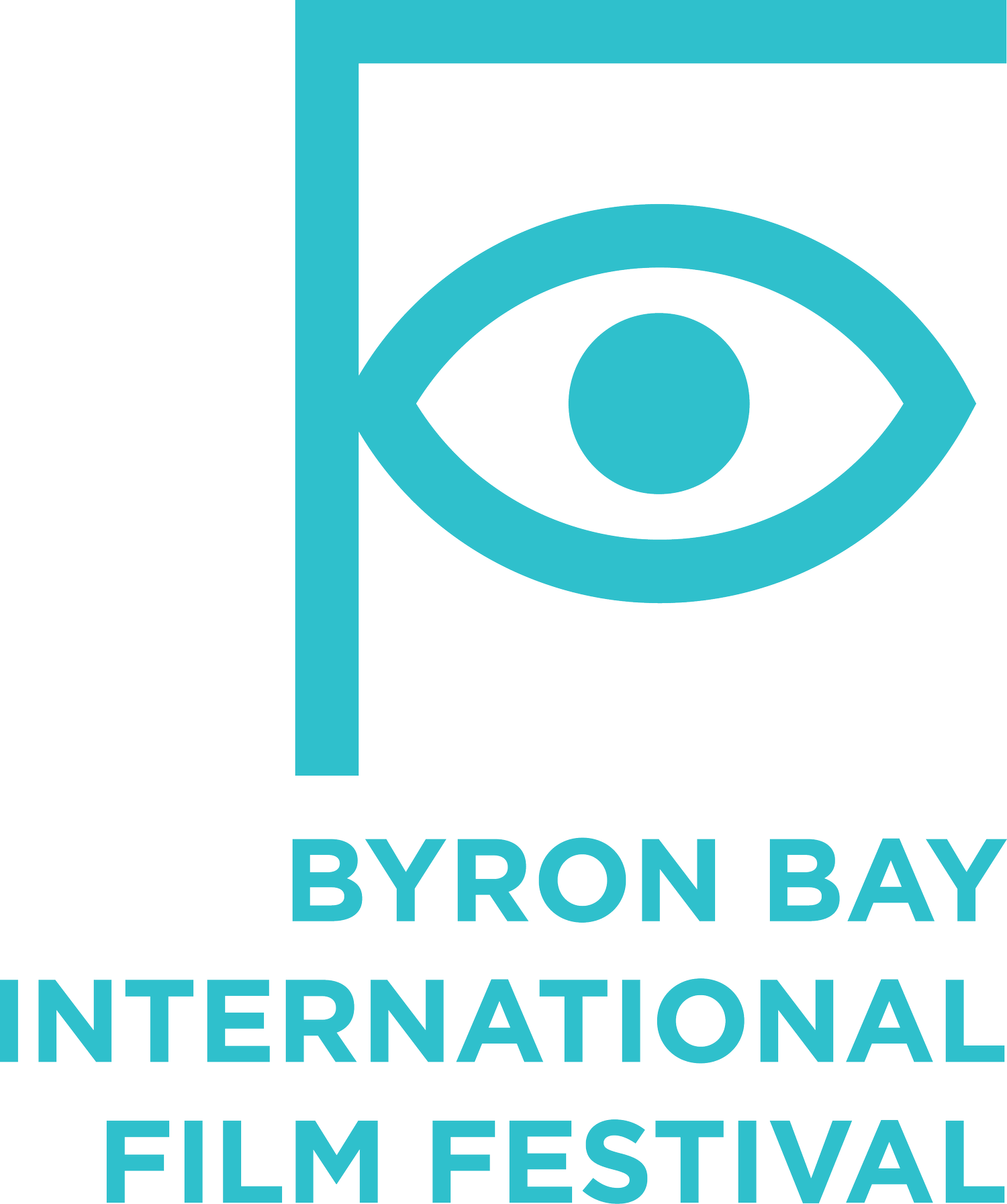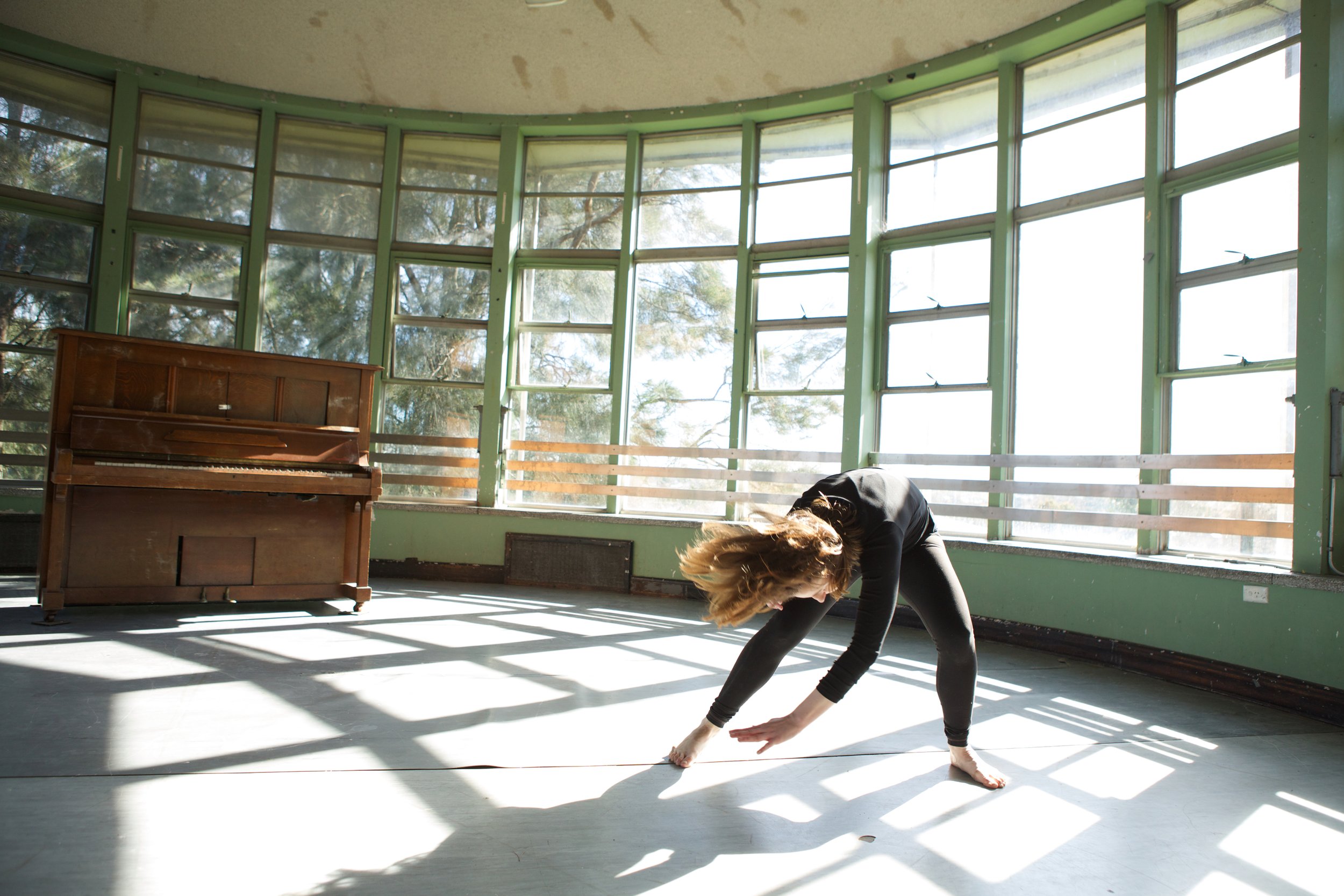Films for thought: exploring mental health at BBFF
Crazywise
With 1 in 5 Australians affected by mental illness, World Mental Health Day aims to raise public awareness of mental health issues worldwide.
Taking place on October 10, the day brings to the forefront conversations on mental health in order to change the perspectives and stigma that surrounds it.
In that same spirit, Byron Bay Film Festival 2017 has a range of films that focus on the subject of mental health, including several from storytellers with lived experience.
They will challenge and inspire conversations surrounding the issue.
Crazywise
What if a psychological crisis was seen as having the potential to be a positive transformative experience, instead of a “broken brain’? Crazywise is a feature length documentary told by human-rights photographer Phil Borges. His experience travelling and documenting indigenous cultures around the world prompted this investigation into the stigma of mental health issues in the West compared with how some indigenous cultures identify “psychotic” symptoms as an indicator of spiritual potential. “Mad” people become shaman and visionaries.
Back in the US, Phil follows two young Americans diagnosed with ‘mental illness’. Adam, 27, suffers devastating side effects from medications before embracing meditation, and Ekhaya, 32, survives several suicide attempts before spiritual training to become a traditional South African healer. Crazywise introduces mental health professionals and psychiatric survivors who see a psychological crisis as a potential growth experience, not a disease.
Screening at Byron Community Centre on Tuesday, October 10 at 7.30pm, and at Brunswick Picture House on Thursday, October 12 at 7pm.
The Invisible Edge
Jake Arvonen and Shaun Robert Foley in Ian W Thomson’s short film.
The Invisible Edge
The Invisible Edge is an intimate, dreamy short drama that tells the story of two brothers leading very different lives. It explores their relationship to the family farm as well as each other in the context of mental health. The film functions as an exploration into men’s mental health, in particular men living isolated lives in rural areas of Australia. For the film’s director, Ian W Thomson, the film loosely relates to his own experiences and is an attempt to prompt conversations on the issue.
Last month the film was screened as part of Sydney’s Big Anxiety Festival and saw British researcher Lynn Froggett run a visual matrix facilitation following the session to find out more about how narrative fiction, narrative film and the creative arts might play a role in people’s perceptions of mental health.
Screening at the Brunswick Picture House on Thursday, October 12 at 7pm.
Journeys to Adäka
One of the seven indigenous artists featured in Fritz Mueller’s powerful documentary.
Journeys to Adäka
Journeys to Adäka is the story of seven indigenous artists, some of whom have battled mental health issues, who look to the past for the strength to overcome a legacy of hurt, and become cultural giants and leaders in the process. This one-hour documentary follows its subjects as they prepare for the Adäka Cultural Festival in Whitehorse, Yukon, inviting viewers into carving sheds, kitchens, and community halls. In these spaces, artists and their families are reconnecting with their ancestors, healing, and moving personal mountains to each find their light.
Journeys to Adäka paints a moving portrait of self- empowered indigenous communities at an inflection point in their history.
Screening at the Brunswick Picture House on Tuesday, October 10 at 7pm.
Gambling With Minds
Genevieve Clay-Smith’s documentary examines the Australian mental health system.
Gambling with Minds
A poetic, experimental documentary which voices the experiences of various mental health advocates who have lived experience of mental illness and the Australian mental health system.
Director Genevieve Clay-Smith first came to national attention when at the tender age of 20 she won Australia’s largest short film festival Tropfest, with her delicately crafted dramedy, Be My Brother, which focused on a young man with Down Syndrome and included people with disabilities in its crew. Since winning Tropfest in 2009, Genevieve has been dedicated to creating diversity and inclusion in the film industry through her work as the co-founder and executive director of the not-for-profit organisation Bus Stop Films. At Bus Stop, Genevieve develops, administrates and conducts film studies programs for people with an intellectual disability and others in marginalised communities.
Screening at the Byron Community Centre on October 10 at 7.30pm.
Maurice Cole: The First Wave
Australian surfing icon Maurice Cole’s story is brought to the silver screen by Peter Baker.
Maurice Cole: The First Wave
Maurice Cole: The First Wave is a well-crafted short documentary that tells the compelling story of a gifted Aboriginal surfer’s battles with the law, mental health and himself. From finding his place in the water at a young age to the time he spent in prison, Maurice’s inspiring tale is intertwined with stunning visuals that will not only have audiences mesmerised but will leave them with a real sense that through surfing one can overcome any obstacle.





